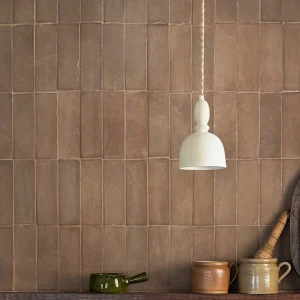
On the issue of volatile changes on the horizon for creative education and on the government’s plans to overhaul the school curriculum and examination system, D&AD is holding a major debate and panel discussion on May 21 2013, chaired by The Guardian’s Jonathan Freedland, and featuring Lord David Puttnam (Chair of the Cultural Learning Alliance, founder of the National Teaching Awards and whose work in the realm of creative education has been varied and tireless) along with Neville Brody (D&AD President and Dean of the School of Communications at the RCA), Emily Campbell (Director of Programmes, the Creative Education Trust) and others. This panel of senior thinkers will discuss the impact of proposed policies on the future of the creative industries in the UK.
The creative industry, which includes design, advertising and architecture, represents one of the most buoyant parts of the UK economy. Its steady growth made up a major part of the services export sector that recently prevented the UK slipping into triple-dip recession. Says Brody,
‘Britain’s future as an exporting nation has to be in creative service, and we are actually dismantling that. We have to build up from the very roots of our education – from primary through secondary, all the way up to fully supported further and higher education – and there is no doubt about that, and there is no sensible argument that anyone can put against that.’
Then again, using economic arguments to justify the bolstering of creative education is a slippery and some would say dangerous slope. As Jeremy Till, head of Central Saint Martins College of Art and Design has written on this site:
Elsewhere, artist and director of architectural practice MUF argues that a rich arts education includes and builds those all important ‘life skills’, tackling iterative problem solving, communication, lateral thinking and resourcefulness to name but a few. The MUF Art Camp, which has been working with children in east London since 2011, is an attempt to redress the balance for urban children who receive little or poor practical education in artistic and creative fields.
Will the steady decent of art and design down the curriculum hierarchy confound this issue and deprive the creative sector of its most precious future resource?
Join D&AD on May 21 for this vital debate and make your own views heard. Tickets are available here; visit the D&AD website for further details.
dandad.org
#creativeeducation





